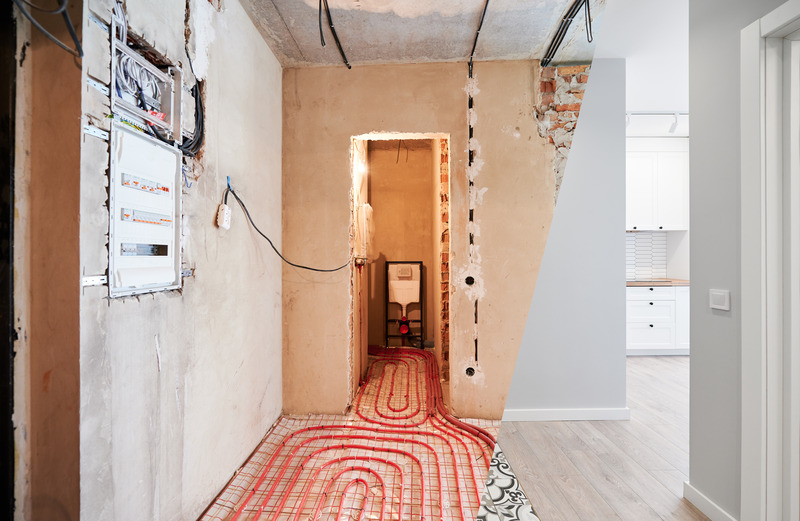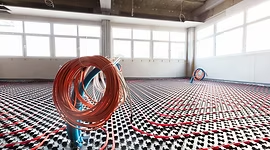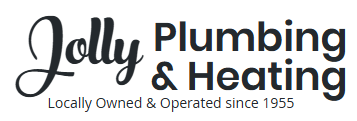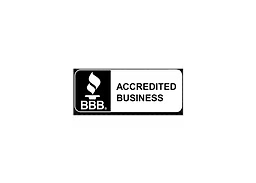Radiant Heating Services
Most homes rely on a forced-air system to stay warm, using fans, ducts, and vents to push heated air into each room. While this method gets the job done, it’s far from the most energy-efficient or cost-effective option. That’s where radiant heat comes in—a smart alternative that heats your home evenly while cutting down on wasted energy.
What is Radiant Heating?
Radiant heating is a system that supplies heat to a home from the floor, walls, or ceiling using heating elements that deliver heat directly from the surface by using way of infrared radiation. A smaller example of infrared radiation you may be more familiar with is a toaster, which uses coils and infrared radiation to cook food.
Radiant heating has a number of advantages over forced-air heating systems and baseboard heating systems because it is unseen, energy-efficient,,energy-efficient and keeps the air much cleaner inside your home
Radiant Floor Heating Colorado Springs
Whether you need a new radiant heater or have a repair with your radiant heating system, Jolly Plumbing can handle any job, any size. We service both residential radiant heaters as well as commercial radiant heaters, which means you get the same great customer service whether you are a Colorado Springs homeowner or a local business that requires more water capacity to serve your customers

Radiant Floor Heating
The most popular type of radiant heating system found in homes is radiant floor heating. Within this category, there are three main types: air-heated radiant floors, hot water systems, and electric systems.
These can be installed using different methods and materials, like concrete or plywood. But to keep things simple, we’ll focus on the heating systems themselves.

Hydronic Radiant Flooring
The most popular type of radiant heating system found in homes is radiant floor heating. Within this category, there are three main types: air-heated radiant floors, hot water systems, and electric systems.
These can be installed using different methods and materials, like concrete or plywood. But to keep things simple, we’ll focus on the heating systems themselves.
What Are the Pros and Cons Of Radiant Heat?
Radiant heating can be an excellent choice for your home. However, it’s always a good idea to not only focus on the good things that come from something you’re considering but also any potential negatives. There are certainly some pros and cons when it comes to radiant heat. So let’s create a breakdown for you:
Pro’s
• Very efficient heating system.
• It provides very uniform heat to your home where it’s installed.
• Radiant heating is quiet compared to forced-air systems.
• It doesn’t have much heat loss compared to traditional forced-air heating systems
• Has a few options to find the right one for your home and needs.
• Improves the indoor air quality of your home.
• Eliminates the need for carpeting.
• It also has a tremendous expected lifespan when compared to traditional heating systems.
Con’s
• It can be expensive to have installed.
• Flooring will often need to be replaced for installation.
• It may require a more extended installation period similar to a remodel rather than an easy install.
• This installation can result in your floor height being increased.
• It may be harder to repair if something goes wrong during its lifespan.



